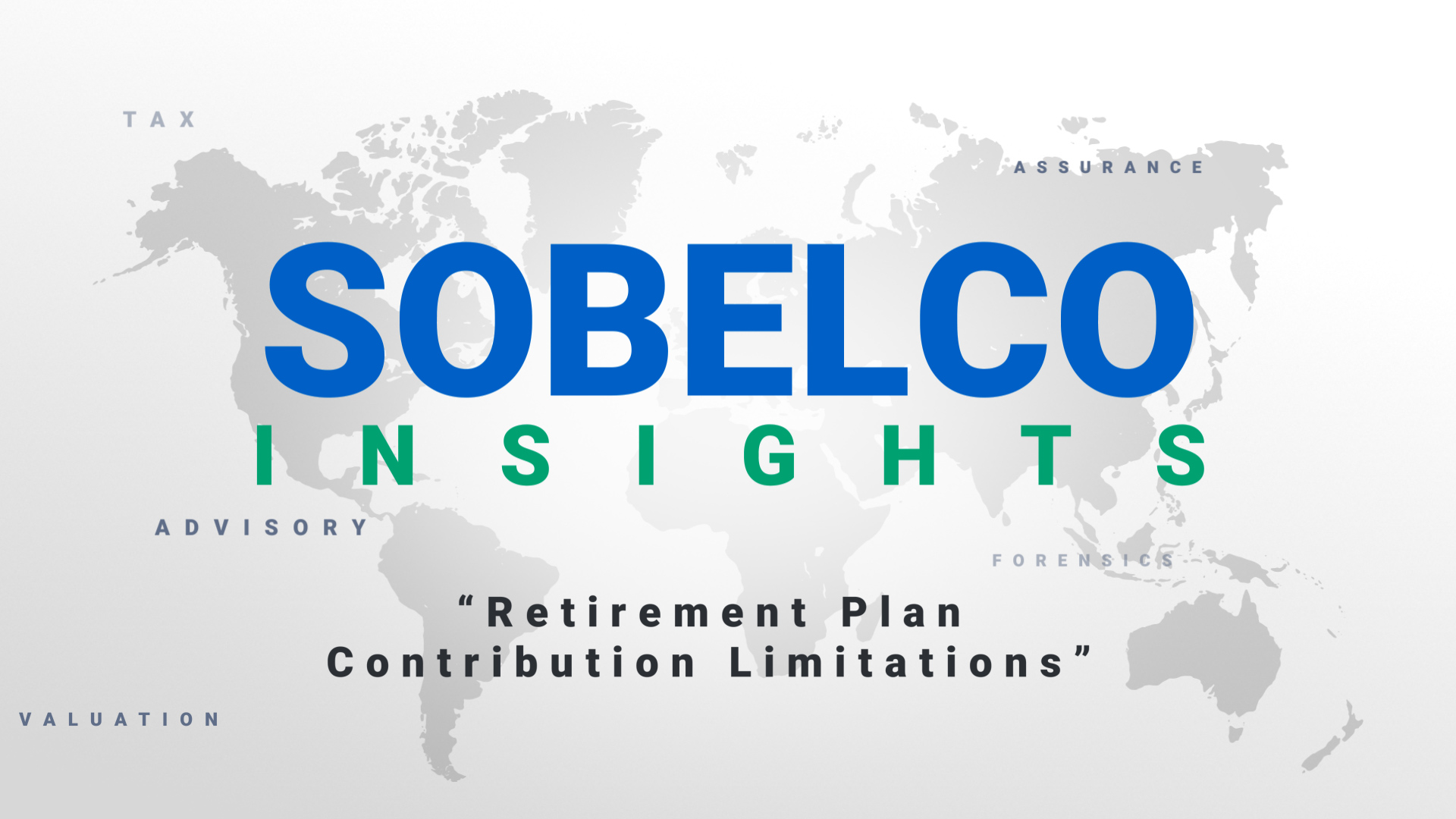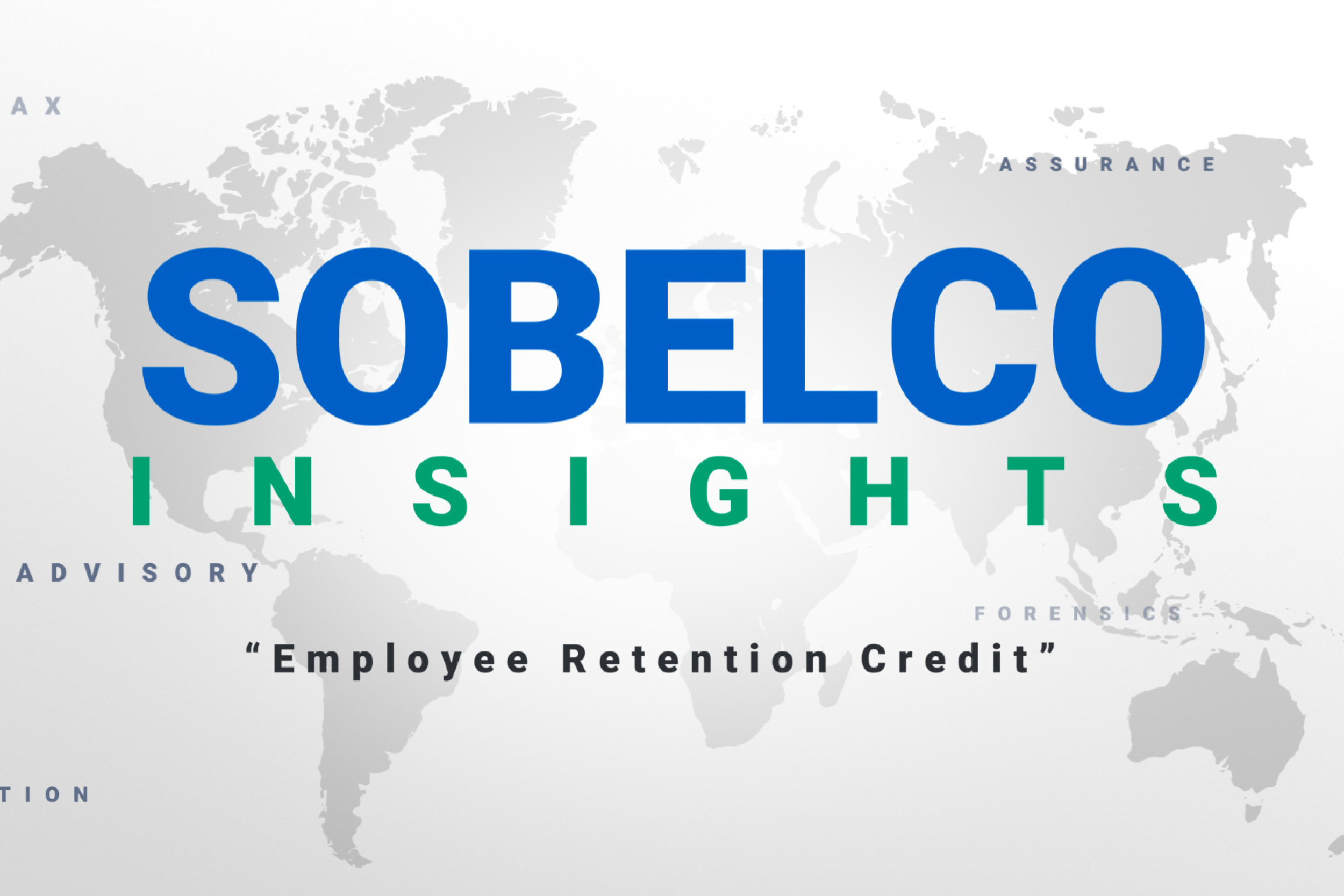
When the Tax Cuts and Jobs Act was originally unveiled there were many changes to discuss and there still remain some areas that need to be highlighted.
“Meals and Entertainment” is one of the areas that has undergone changes that must be emphasized because of its universal application. While the Act has passed, the actual regulations have not yet been written. What this means for you as our clients and business colleagues is that you should be aware of the intent of the Act and focus on accurate record keeping until a more complete definition is released.
As soon as there are more details, we will share those with you.
For now, what you need to be aware of is that under the old rules, expenses incurred by hosting office holiday parties were 100% deductible. Additionally, costs arising from client entertainment was 50% deductible including events tickets (face value) and business meals. In addition, business meals (such as employee travel meals) and those employee meals provided for the convenience of the employer, were 100% deductible – but only if they were excludable from employee’s gross income as minimal (“de minimis”) fringe benefits – otherwise the deduction was 50%.
But for meals and entertainment costs that occur after January 1, 2018, there are new guidelines. Please take note that office holiday parties remain 100% deductible. But the two major changes are that (1) entertaining clients no longer qualifies for a deduction and (2) The deduction for employees’ business meals was reduced from 100% to 50%.
As with any regulation, there are some exceptions which are specified under Code Section 274 e.
Business owners should be careful tracking their expenses and speaking with their advisors to ensure that all are being classified appropriately. If this is done on an ongoing basis as costs are incurred, it will go a long way to alleviating end of year complications.


